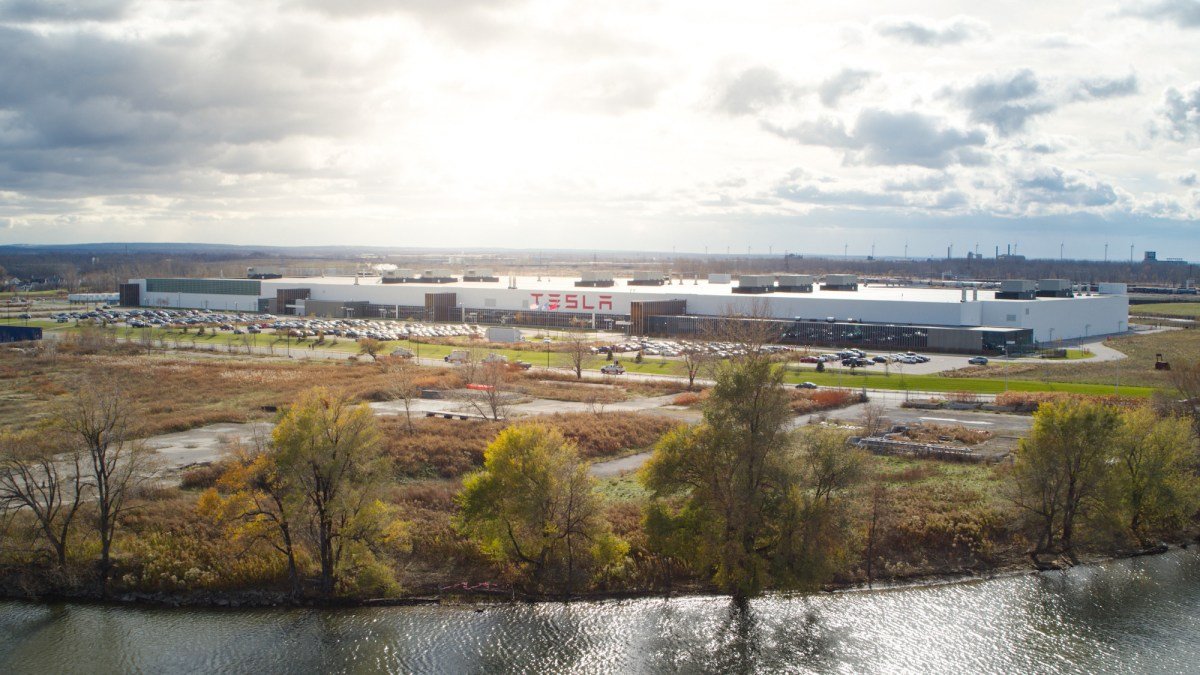In a bold move, Tesla announced their plans to invest $500 million in building a “Dojo” supercomputer at their Buffalo, New York factory, as confirmed by the state’s governor Kathy Hochul during a press conference on Friday. This decision comes shortly after CEO Elon Musk referred to the project as a “long shot.”
According to Hochul’s office, the choice to bring Dojo to Buffalo was influenced by New York’s stable power supply, strong pool of talent, and availability of suitable space for the project.
“Dojo,” initially revealed at Tesla’s “AI Day” event in 2021, is a powerful supercomputer that will play a crucial role in achieving the company’s ultimate goal of creating a self-driving car. The plan is to utilize this advanced technology to process vast amounts of video data from Tesla’s electric vehicles, in order to train the AI that drives their most advanced driver assistance software, known as Full Self-Driving Beta.
Musk shared last year that Tesla intends to spend over $1 billion on Dojo, highlighting the immense significance of this investment.
This recent development marks another change in Tesla’s priorities for their Buffalo location, which has proven to be somewhat problematic for New York state. Initially coined “Gigafactory 2”, Tesla acquired the factory from SolarCity in 2016, a struggling solar panel company. At that point, the state had already committed $750 million to the plant. Tesla’s plan was to manufacture Solar Roof tiles at the factory, but encountered difficulties in mass production. As a result, their partner, Panasonic, withdrew from the project in 2020, and Tesla shifted its focus to utilizing the space for training data labeling for their less-advanced Autopilot software.
Musk acknowledged the high risk nature of the Dojo project last April, calling it a “long shot bet” that could potentially result in a multi-hundred-billion-dollar success. He reiterated this point during a recent call with analysts, stating, “It’s not a sure thing at all. It’s a high-risk, high-payoff program. We have plans for Dojo 1.5, Dojo 2, Dojo 3, and so on. So while it has potential, it also carries a significant risk and reward.”
The news of Tesla’s $500 million investment was met with applause at Hochul’s press conference, but Musk downplayed the figure in a post on X, a social media platform. He noted that the company plans to spend far more on Nvidia hardware in 2024, emphasizing that “the table stakes for being competitive in AI are at least several billion dollars per year at this point.”
In summary, Tesla’s Dojo project promises groundbreaking advancements in the world of self-driving cars, with immense potential for success. Although it comes with a notable level of risk, the investment of $500 million is just the beginning of Tesla’s commitment to achieving their ambitious goals.








